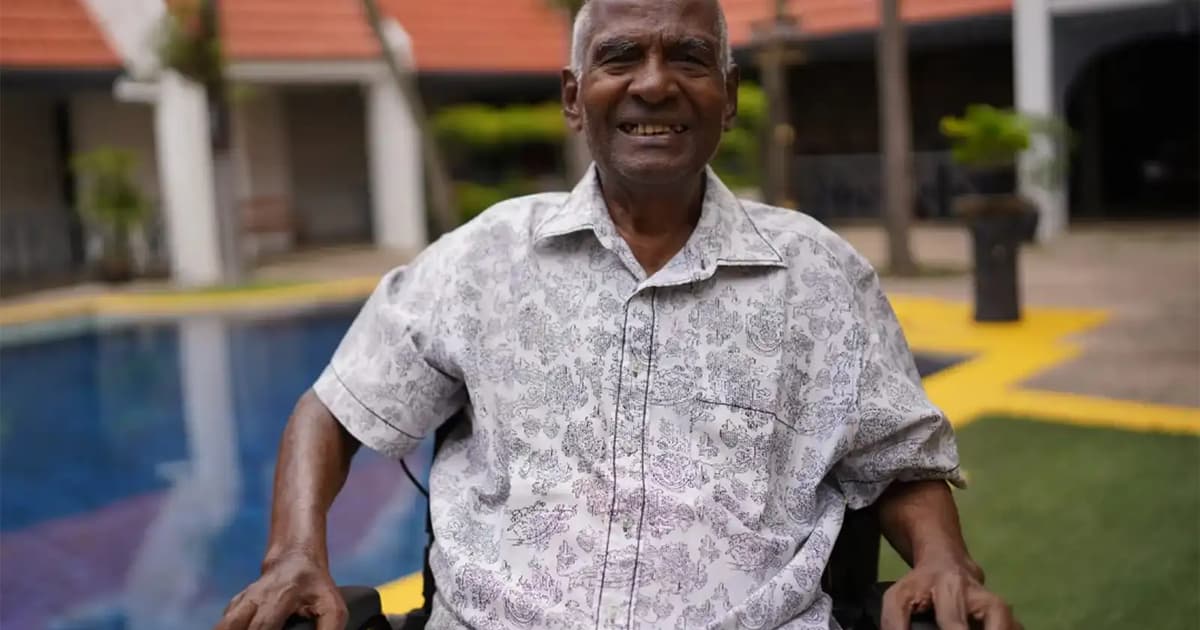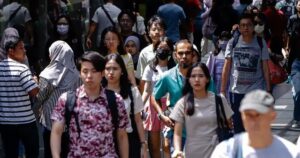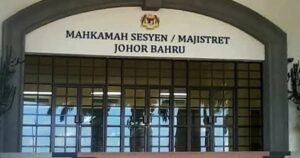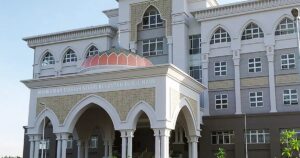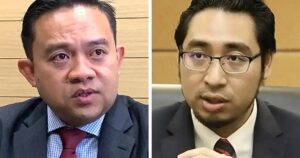
From the 1970s onwards, when Malaysians thronged the streets of Kuala Lumpur for mass walks and runs, it was about more than fitness or medals.
They were part of a quiet revolution led by S Vegiyathuman, the “King of Walks and Runs,” who believed sport was a bridge strong enough to carry a nation together.
On Malaysia Day, when the country reflects on what binds its people, his story deserves a place.
For decades, Vegiyathuman showed that patriotism was not only about winning medals.
“It was also about walking shoulder to shoulder with strangers, moving forward in unison, celebrating the shared rhythm of being Malaysian,” he said.
In 1989, when Vegiyathuman organised Malaysia’s first 21km half marathon, he was not chasing headlines.
He said he wanted ordinary people to discover the joy of testing themselves and being as one.
Before that, he had already helped transform the Malay Mail Big Walk — fondly known as the “Biggie” — into a phenomenon.

What began in 1960 with fewer than 3,000 walkers grew under his stewardship into a carnival that attracted tens of thousands.
The Biggie became a launch pad for national talents, starting with K Thirumal, whom Vegiyathuman hails as Malaysia’s “father of race walking.”
After him came V Subramaniam, Khoo Chong Beng, G Saravanan, Anastasia Karen Raj, and Yuan Yufang — all sharpening their craft through the event.
To Vegiyathuman, it was more than sport. It was, in his words, “a tool for unity and nation-building.”
People from every race trained, sweated, and laughed together — proof that the simplest of movements could stitch a diverse society.
From fingerprints to footprints
Born on in 1941, in Bukit Mertajam, Vegiyathuman was once a runner himself.
Representing Bukit Mertajam High School, he won cross-country titles in Penang in the late 1950s. His coach was then-teacher KS Nijhar, who later became a prominent MIC leader.
That early exposure to athletics shaped his life. He credited former athletics administrator A Vaithilingam, as his mentor.

Vaithilingam, he said, taught him the technical side of organising races and walks — lessons that would later serve a nation.
By the 1960s, Vegiyathuman was working as a fingerprint examiner with the police in Bukit Aman. It was steady work, but his heart belonged to athletics.
In the 1980s, he says, Kuala Lumpur mayor Elyas Omar tapped him to organise Sunday runs in city parks, promoting fitness and healthy living.
The events drew thousands and gave Vegiyathuman the confidence to stage bigger races.
That path led him to become venue director for athletics at the 1998 Kuala Lumpur Commonwealth Games, by which time his name was already synonymous with mass participation events.
He served as general secretary of the Federal Territory Athletics Association (FTAA) from 1985 to 2016, before becoming president in 2017.
When he stepped down in 2020, he was its longest-serving administrator, having shaped the body into a hub for both grassroots and elite competition.
For him, the association was family. Friends recall that while his loved ones often saw him only late at night, they never felt neglected.
He made sure they were cared for, even as he poured endless hours into building a community around athletics.

The perfectionist
Those who worked with him recall a man who left no detail unchecked.
Former hurdler Anto Keney Martin remembered his role at the RHB Centennial Run in 2013: “He was precise in every aspect of safety and security. There was no room for mistakes.
“Even when rain poured before dawn, he was the first at the venue, ensuring the flag-off would be smooth. His wealth of knowledge guided us all.”
That perfectionism raised standards. Vegiyathuman not only founded the Kuala Lumpur International Marathon — the forerunner to today’s Standard Chartered KL Marathon — but also launched inter-bank athletics meets.
He called the inter-bank circuit one of his proudest achievements.
“At their peak, these meetings produced most of the national team. Employees could still train and shine for Malaysia,” he said.
Indeed, at one stage, the circuit accounted for 70% of the nation’s track and field stars.
Grassroots advocate Dina Rizal credits him with laying the foundation for today’s FTAA programmes.

“The association’s passion to reach young people keeps growing. His legacy lives on,” he said
Vegiyathuman’s influence went beyond Malaysia. He was a respected figure globally.
He served as a walks judge at the 2004 Athens Olympics, the 1999 World Athletics Championships in Seville, and the Paralympic Games.
He conducted courses and clinics across Asia, shaping the next generation of officials and organisers.
In 2014, he was awarded a datukship during Federal Territories Day celebrations. Yet those who knew him say honours were never his aim.
His joy came from seeing a sea of Malaysians at the starting line, united in purpose.
Pride in what continues
Today, at 84, Vegiyathuman is wheelchair-bound after a spinal cord injury. He has lived in an assisted-living facility since 2020.
His body has slowed, but his pride in FT athletics burns bright.
He said: “When I see the grassroots programmes in FT today, and the way young people are being discovered and nurtured, my efforts were not in vain.
“The new generation of administrators are doing well, and I am proud of what is being carried on.”
He added: “For me, it was never about personal glory. It was about giving Malaysians a chance to be part of something bigger.
“Whether you were a future champion or just someone who wanted to finish a walk, you belonged.”
Still, he admits to moments of ache. “I feel lonely here at times. I miss my friends in the athletics fraternity,” said Vegiyathuman, who is married to Anathaletchumy and blessed with three sons.
He chose not to burden his family with his condition, which is why he now stays in an assisted-living facility.
It is a reminder that even giants of sport long for companionship.
The Malaysia Day lesson
Vegiyathuman’s medals came in cross-country, not on the grand international podiums draped in the Jalur Gemilang.
But countless athletes owe their break to the platforms he built.
FTAA president V Pulanthiran summed it up: “He inspired many officials and athletes, acted as a mentor to them, and was a friend to everyone he met.
“For four decades, Vegiyathuman was the livewire of Malaysian athletics — the invisible hand that kept the heartbeat of community sport alive.”
As Malaysia marks Sept 16, his life reminds us that patriotism is not only about defending borders or winning medals.
Sometimes, it is as simple as creating chances for Malaysians to walk together, laugh together, and push one another to go the distance.
In a fractured world, the image of thousands striding down the same road carries a power no speech can match.
Vegiyathuman gave Malaysia that image, again and again.
His own steps may have slowed, but the races he started are still running.
Every time a Malaysian laces up for a community walk or marathon, knowingly or not, they carry forward his vision of unity.
